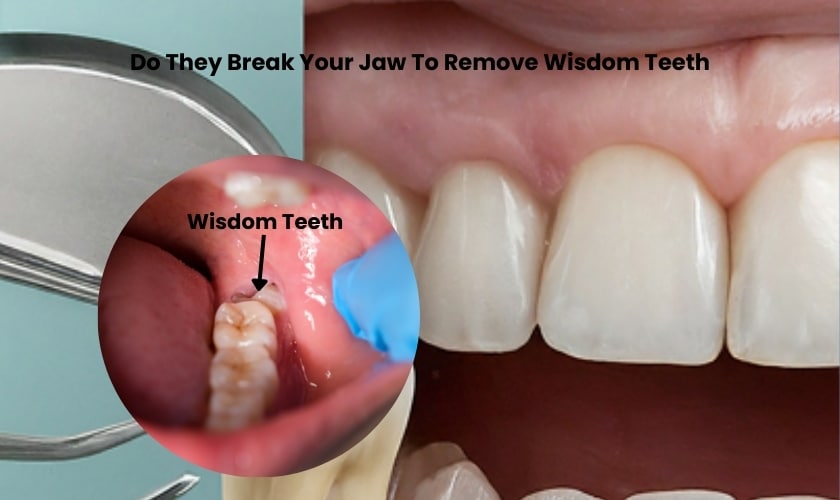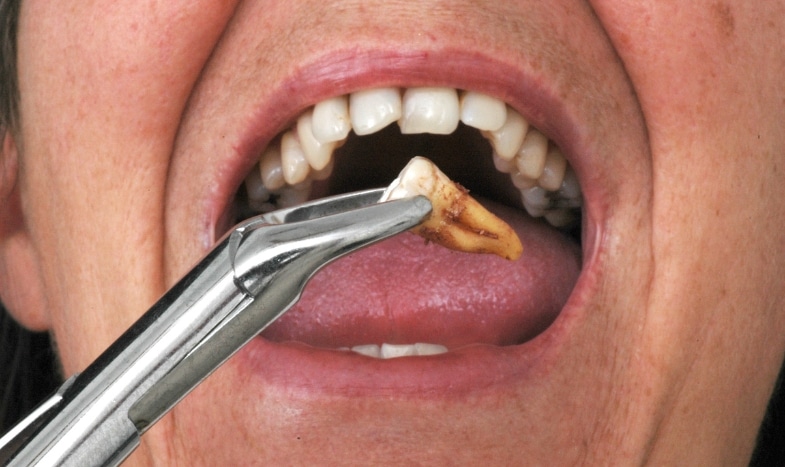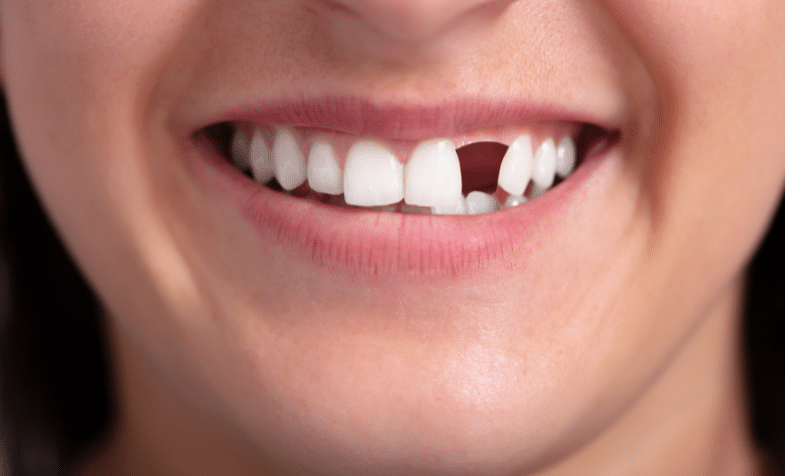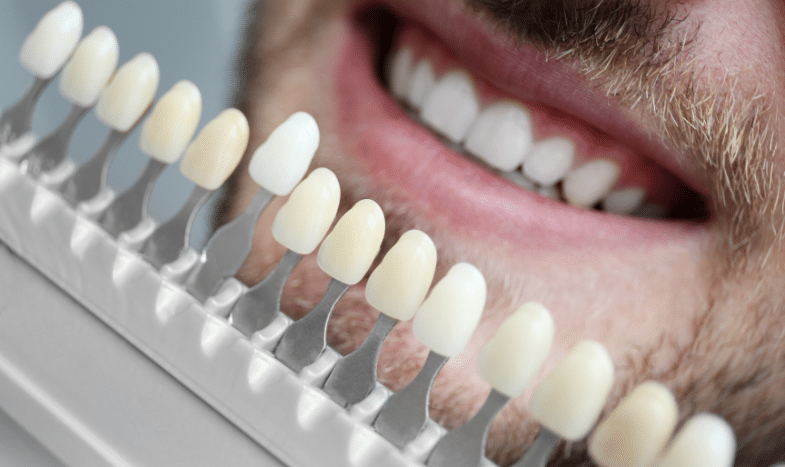
Do They Break Your Jaw To Remove Wisdom Teeth
Wisdom teeth, or third molars, are the final set of teeth to develop in the mouth, usually appearing between the ages of 17 and 25. Unfortunately, these latecomers can often cause problems due to lack of space. They may erupt partially or completely impacted (stuck under the gum tissue or bone), leading to pain, infection, or crowding of other teeth. In these situations, it becomes necessary to remove the wisdom teeth.
One of the biggest fears surrounding wisdom teeth removal is the myth that dentists have to break your jaw to extract them. This can be a major source of anxiety for patients. So, let’s address this concern right off the bat:
Do They Break Your Jaw To Remove Wisdom Teeth?
The short answer to the question “Do they break your jaw to remove wisdom teeth?” is absolutely not! Modern dental techniques and surgical expertise ensure wisdom teeth removal is a safe and controlled procedure. There’s no need to break your jaw for even the most impacted wisdom teeth. Studies show a jaw fracture occurring in a mere 0.0046% to 0.0075% of wisdom teeth removal cases.
However, it’s important to understand that a broken jaw can be a rare complication of the surgery, especially for individuals with certain risk factors like osteoporosis or weakened bone density. We’ll discuss these factors in more detail later.
Now that we’ve debunked the jaw-breaking myth, let’s delve into some other common concerns about wisdom teeth removal and jaw health.
What happens to your jawline after wisdom teeth removal
After wisdom teeth removal, it’s normal to experience some swelling and discomfort in your jaw. This is due to the surgical manipulation of tissues and bone during the extraction. The swelling typically peaks within 48 hours and gradually subsides over the next few days.
There shouldn’t be any significant changes to your jawline after the healing process is complete. In fact, removing impacted wisdom teeth can sometimes improve the jawline by preventing overcrowding and potential misalignment of other teeth.
Does wisdom teeth removal hurt your jaw?
While some discomfort in your jaw is expected after wisdom teeth removal, the level of pain varies depending on the complexity of the extraction and your individual pain tolerance. Your trustworthy dentist will provide you with pain medication to manage any discomfort.
Following your dentist’s post-operative instructions diligently, including applying ice packs and taking pain medication as prescribed, will significantly reduce jaw pain and promote a smooth recovery.
What is the hardest type of wisdom tooth removal?
Not all wisdom teeth extractions are created equal. Some are straightforward and relatively easy, while others can be more complex and challenging. The difficulty of the extraction depends largely on the position and condition of the wisdom teeth.
Impacted Wisdom Teeth: These are the most challenging to remove. Impacted teeth are those that have not fully emerged from the gums and may be trapped within the jawbone or pressing against neighboring teeth. They often require more extensive surgical procedures to extract.
Horizontal Impaction: This is when a wisdom tooth grows sideways, completely lying horizontally within the jawbone. This type of impaction can require the dentist to remove more bone and may involve cutting the tooth into smaller pieces to facilitate removal.
Partial Eruption: Sometimes, wisdom teeth partially erupt through the gum. This can create a flap of gum tissue that is prone to infection and can be difficult to clean. Removing partially erupted teeth can be tricky because they are not fully exposed.
Proximity to Nerves: Wisdom teeth that are close to the mandibular nerve, which runs through the jaw, pose additional challenges. The surgeon must take extra care to avoid damaging the nerve, which can complicate the procedure.
Overall, the hardest type of wisdom tooth removal is typically one that involves impacted teeth with complex positioning or proximity to vital structures.
How long is a 4 wisdom teeth surgery?
The duration of wisdom teeth surgery can vary depending on several factors, including the complexity of the case and the surgical technique used. On average, the removal of all four wisdom teeth takes about 1 to 2 hours. Here’s a breakdown of what to expect:
- Preparation: Before the surgery begins, you will be given anesthesia to ensure you are comfortable and pain-free. This can take about 15-30 minutes, depending on the type of anesthesia used.
- Surgery: The actual extraction of the teeth can take between 15 to 30 minutes per tooth. If your teeth are impacted or require more complex procedures, it may take longer. For a straightforward extraction, each tooth may only take a few minutes.
- Post-Surgery Recovery: After the teeth are removed, you will be monitored for a short period to ensure there are no immediate complications from the anesthesia. This observation period typically lasts about 30 minutes.
In total, you can expect to spend approximately 2-3 hours at the dental office for the removal of all four wisdom teeth. It’s a good idea to arrange for someone to drive you home afterward, especially if you have been sedated or under general anesthesia.
What’s the worst part of getting your wisdom teeth out?
Getting your wisdom teeth out is a common procedure, but it does come with its share of discomforts. Here are some of the most challenging aspects of the process:
1. Pain and Swelling: One of the most significant challenges is dealing with the post-operative pain and swelling. While these are normal parts of the healing process, they can be uncomfortable. Pain management is crucial during the first few days.
2. Dietary Restrictions: After surgery, you’ll need to stick to a soft food diet for a few days. This means no crunchy, hard, or chewy foods that could irritate the surgical sites. Finding suitable foods and sticking to them can be inconvenient.
3. Limited Activity: You will need to avoid strenuous activities for at least a few days to a week after the procedure. This can be challenging for those with busy schedules or active lifestyles.
4. Risk of Complications: There are risks of complications such as dry socket, where the blood clot at the site of the tooth extraction becomes dislodged, exposing the bone and nerves. This can be very painful and requires additional treatment.
5. Healing Time: Full recovery can take up to two weeks, and during this time, you’ll need to follow specific care instructions to avoid complications and promote healing.
Treatment for a Broken Jaw
As mentioned earlier, a broken jaw is an extremely rare complication of wisdom teeth removal. However, if it does occur, treatment typically involves:
- Immobilization: Your jaw will be immobilized using wires or splints to allow the bone fragments to heal properly. This may involve a period of liquid or soft diet.
- Medication: Pain medication and antibiotics may be prescribed to manage pain and prevent infection.
- Surgery: In some cases, additional surgery may be necessary to realign the jawbone fragments.
In summary, the myth that your jaw is broken to remove wisdom teeth is just that—a myth. The procedure, while potentially involving some discomfort and a careful recovery period, is generally straightforward and safe when performed by experienced professionals. Understanding the process, from what happens to your jawline post-surgery to the hardest types of extractions, can alleviate much of the anxiety surrounding it. For those in Riverside, Inland Choice Dental offers exceptional care to ensure your wisdom teeth removal is as smooth and pain-free as possible. By following your dentist’s aftercare instructions and maintaining good oral hygiene, you can look forward to a swift recovery and continued dental health.
At Inland Choice Dental, we understand that wisdom teeth removal can be a source of anxiety. We’re here to address your concerns and provide a personalized approach to ensure a comfortable and successful experience. Contact us today to schedule a consultation and discuss your wisdom teeth removal options.
Related Blogs:
Can Wisdom Teeth Cause Ear Pain
Is It Possible to Get Dry Socket 5 Days After Wisdom Teeth Extraction
Do’s and Don’ts After Wisdom Tooth Extraction




